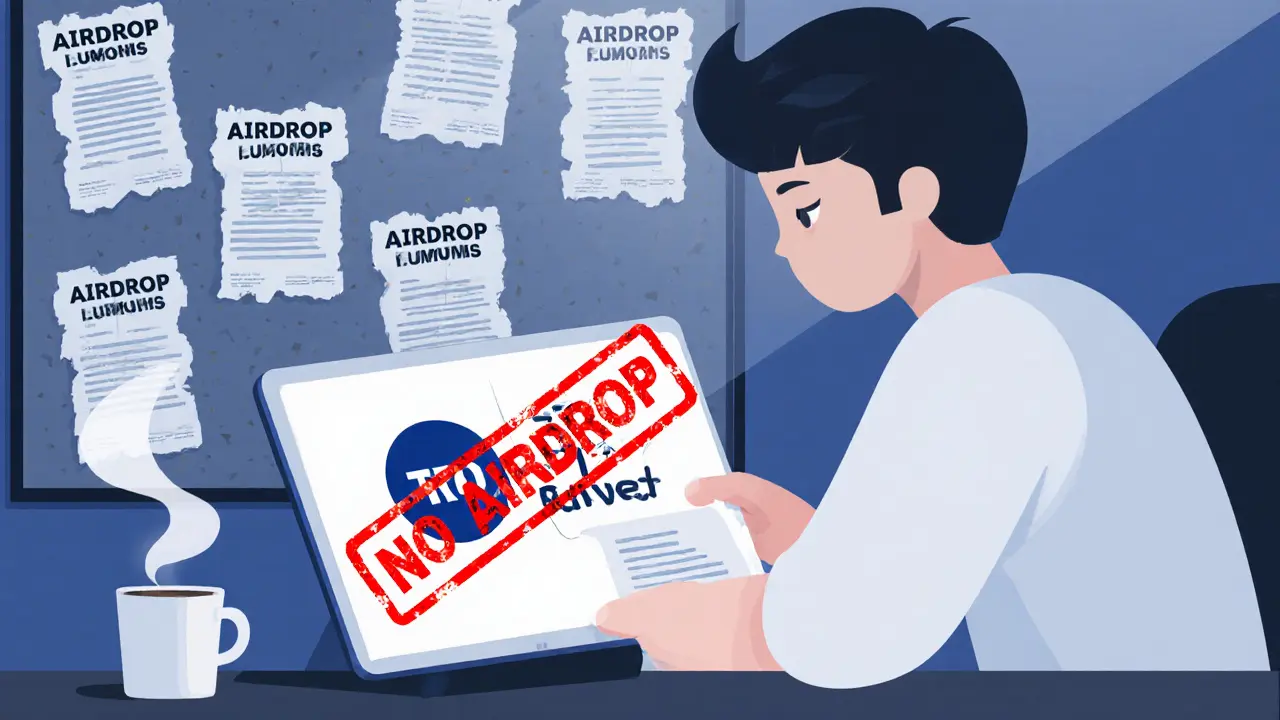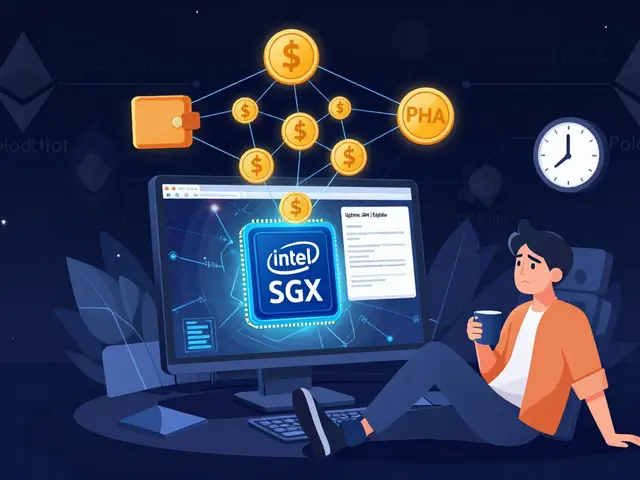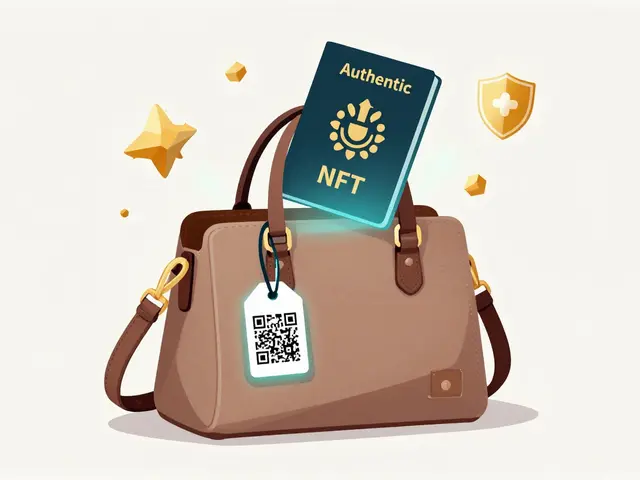Airdrop Eligibility: What You Need to Know
When working with Airdrop Eligibility, the set of conditions a user must meet to receive a free cryptocurrency token distribution. Also known as token giveaway criteria, it determines who gets the free coins and who gets left out.
Every crypto airdrop, a promotional token drop from a blockchain project follows a basic rule: you need an eligible wallet address, a public blockchain address that can receive tokens. But eligibility rarely stops there. Projects often add KYC requirements, identity verification steps to comply with regulations or ask for community actions like holding a partner token, joining a Discord, or completing a tweet. In short, airdrop eligibility encompasses wallet ownership, compliance checks and community engagement.
Key Factors That Determine Eligibility
The first factor is the blockchain you’re on – a Binance Smart Chain airdrop won’t reach an Ethereum‑only wallet. Next, the project’s snapshot date matters; if you moved funds after that moment, you miss out. Third, many drops require you to pass KYC, which filters out bots and meets legal standards. Finally, active participation – such as staking, voting, or sharing promo content – can boost your chances. These elements interact: a valid wallet address enables token receipt, KYC validates identity, and community actions signal interest, all feeding into the final eligibility decision.
Below you’ll find detailed guides on recent airdrops, from Sphynx Network to Mones, each breaking down the exact eligibility steps, claim process, and potential risks. Use this overview to spot the common patterns, then dive into the specific articles to see how each project applies the rules in practice.
TRO Token Airdrop Campaign Details: What’s Real, What’s Not (2025)
No official TRO airdrop exists as of Oct2025. Learn token details, how to spot legit giveaways, and where to stay updated on Trodl.





